Emily Kagey is a science writer for the University of Michigan Life Sciences Institute, where she develops feature articles, press releases, newsletters and other written content to promote the variety of research conducted within the LSI. Prior to joining the LSI, she worked in nonprofit communications and academic publishing for more than 10 years.
Contact information


Health Lab
A network of proteins found in the central nervous system could be harnessed to increase the effectiveness, and reduce the side effects, of diabetes and weight-loss drugs such as Ozempic and Mounjaro, according to research from the University of Michigan Life Sciences Institute.

Health Lab
Researchers open new leads in anti-HIV drug development, using a compound found in nature
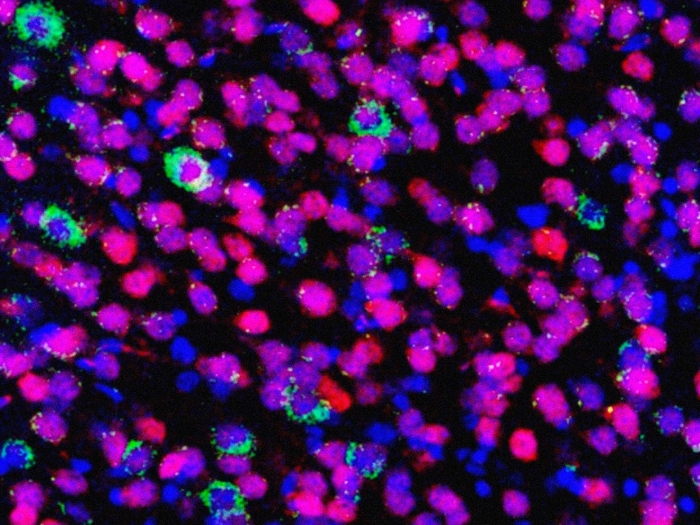
Health Lab
Researchers at the University of Michigan have developed a model for studying one type of familial epilepsy, opening the door to understanding—and eventually targeting—the mechanisms that lead to the disorder and its associated fatalities.
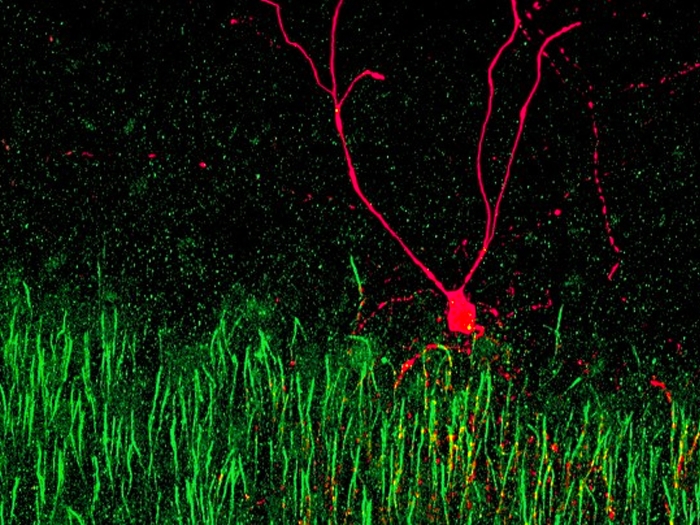
Health Lab
Michigan Medicine researchers have found that an extra copy of one gene that is triplicated in human Down syndrome patients causes improper development of neurons in mice.
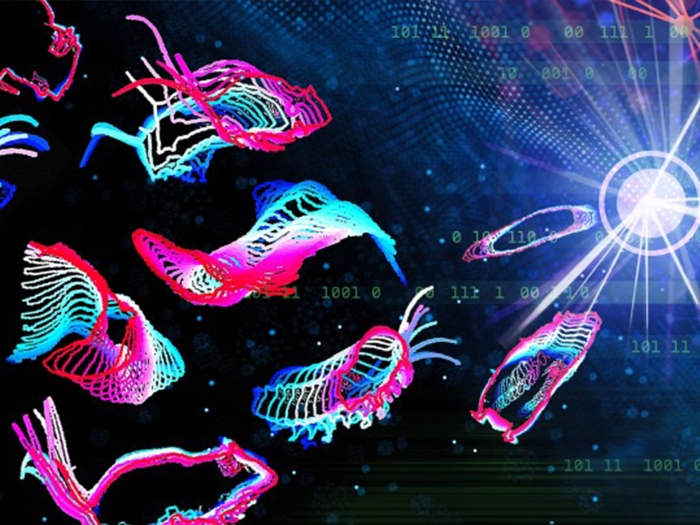
Health Lab
A new software tool, called LabGym, helps researchers across the life sciences more efficiently analyze animal behaviors.
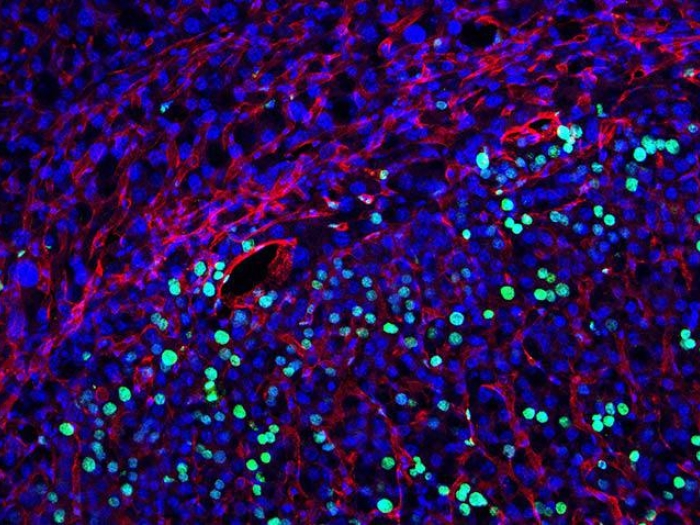
Health Lab
Molecular changes in nonalcoholic fatty liver disease could serve as potential therapeutic targets to halt the cells’ progression to liver cancer.

Health Lab
Technique can make the body more sensitive to leptin
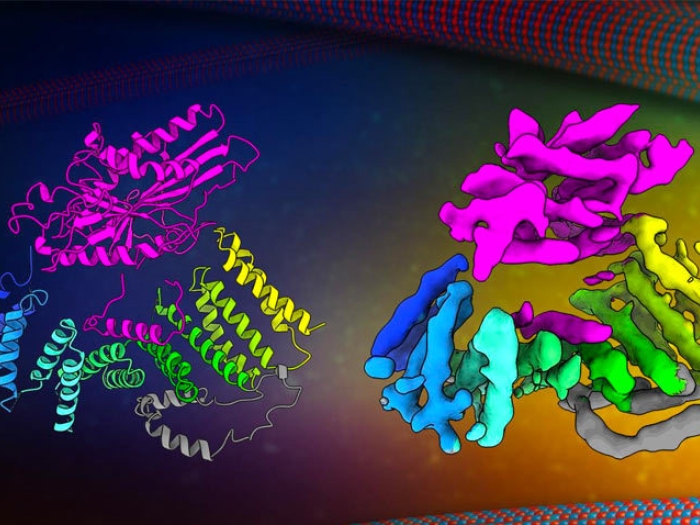
Health Lab
The findings reveal more about the process essential for maintaining cellular health and function.

Health Lab
A study in mice identifies link between reproductive status and metabolism.
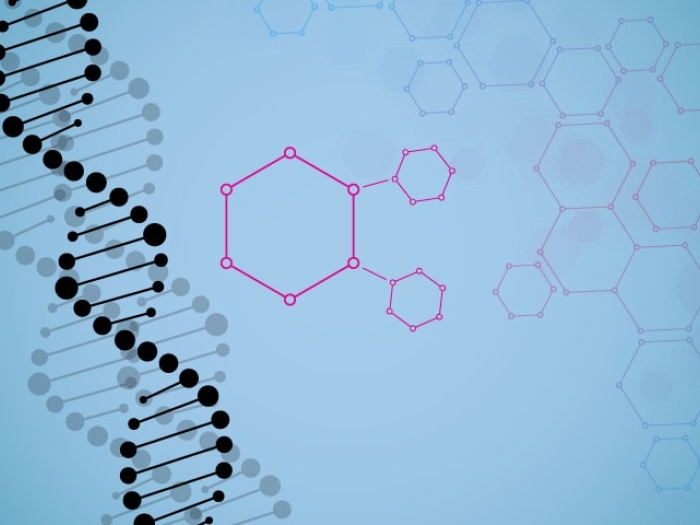
Health Lab
Training one gene to “pinch hit” for its twin could be a possible treatment for a type of congenital anemia, new research finds.

Health Lab
A new study in mice finds that absence of a regulatory brain protein could hold the key to stimulating healthy weight loss.
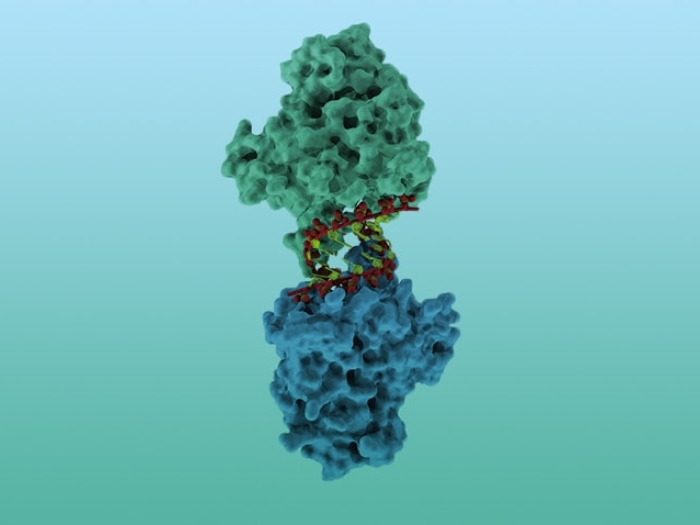
Health Lab
How a visualization — and a new understanding — of a class of “defender proteins” may help scientists fight HIV infection.